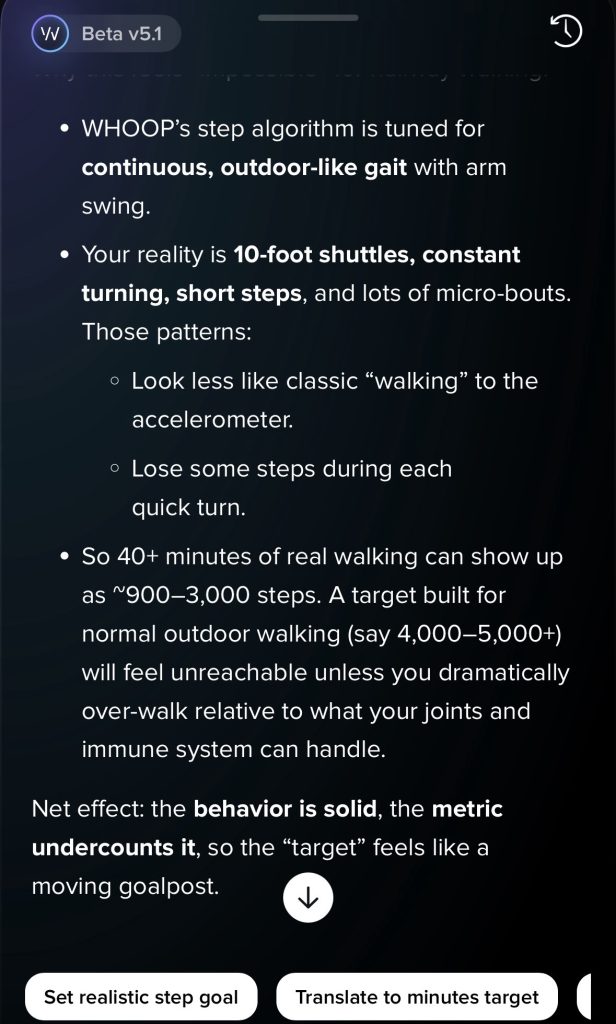Much as it amazes me, I have written a public post every single day without fail for five straight years. I’ve not missed a single day.
I’ve written so many posts and essays, it honestly astonishes me. I didn’t expect to have this kind of longevity when I began but the world changed a lot in this past half decade. I am a woman of habits & routines, this blog helps me manage the chaos and instability that surrounds us. And hopefully I’ve become a better thinker (and writer) for this habit.
If you’d like to look back with me, I have a round up of 2021‘s best posts from fashion theory to the emotions of startup exits. They feel like a lifetime ago.
In my round up of favorites from 2022 aka year 2 of the experiment, we moved to Montana, bought our first house, had silly viral hits, & I became a certified wilderness first responder.
In my third year of posts from 2023, things remained intense. I accelerated into chaotic optimism, helped other millennial women understand fucked up fertility, and experimented with living outside America part time to improve my visibility on global issues.
And in fourth year of writing, my round up of my best posts of 2024 really showed a world sped up even further. My essays ranged widely with emotional work, crab bucket zero sum-ism & young men, Vernor Vinge’s legacy becoming our actual reality and the bizarre experience of digital memetics becoming constant real world issue.
So now it’s time to think about year five of the experiment. 2025 was a hard year for me even as it contained incredible wins. Going into it, I wondered how could year five top the past four years chronicled here? It both does and it doesn’t. Life, and the time we spend living it down, isn’t getting any easier. Life is barely human at all anymore. I feel the struggle in myself as I am still very much human.
It’s easy to feel as if I’ve not accomplished as much as my own written records show I did. If you ever feel like you get less done than you’d like, I encourage you to keep a log or journal as it helps show how much can do and how much does get done. Plus if you publish it online you’ll contribute to a wider humanistic understanding as our digital life becomes more mechanistic.
Another facet of this writing experiment has been fighting a chronic disease in my personal life that has no cure. Managing disabilities during with the pandemic years as it overlaid civilization shaking political and technological changes has been hard. I want to work and live as if I am healthy and it isn’t likely to ever be true. I work smarter because I can’t work harder.
I don’t always write about my investments in these posts, but I see how my thesis of chaos has forced us all into requiring more decentralization, compute and power. My once weird ideas are now common knowledge. Now everyone agrees with me.
The end of the neoliberal consensus and the beginning of the artificial intelligence buildout would have been hard on anyone. I’m proud that I was able to turn this change to my advantage.
I realize I’ve written quite a bit about the experience of these years where I wrote daily without showing off the last year of posts.
Since I’ve got one more day before 2025 officially ends, perhaps I’ll put the round up of posts tomorrow as I’ve given an overview of the experience of half a decade of daily essays today. What’s one more day among thousands right?

